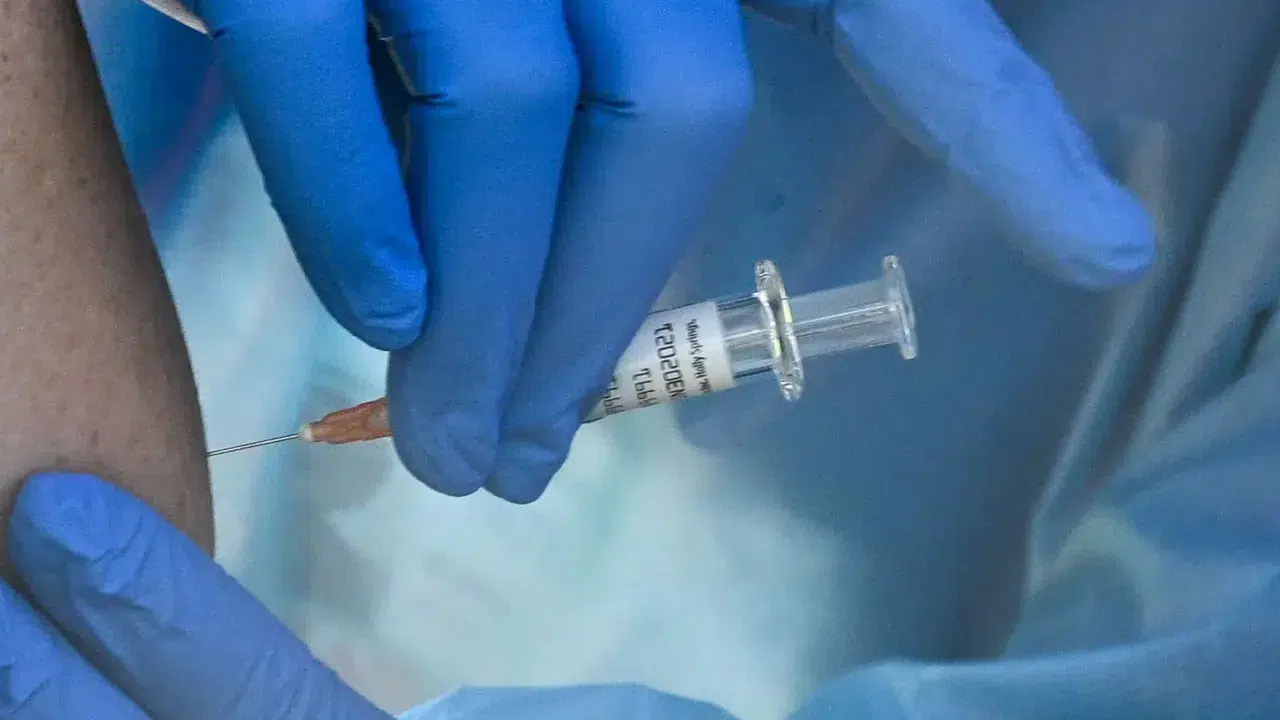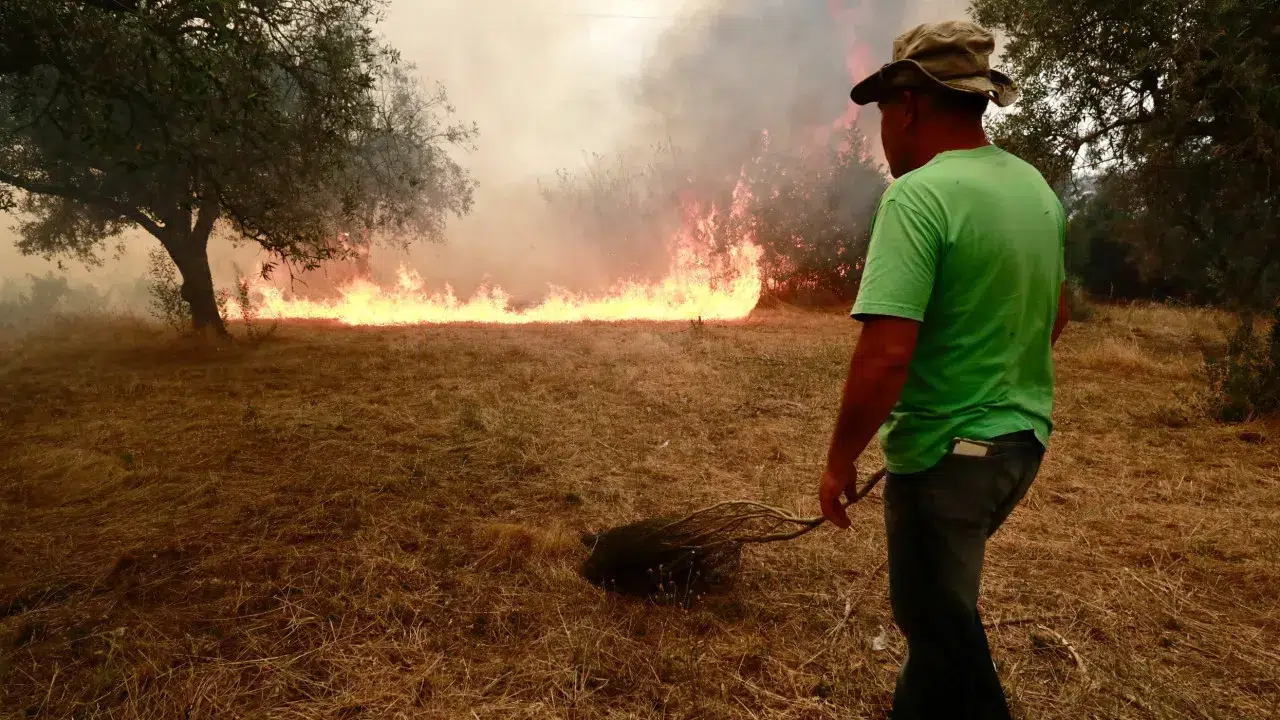
The Directorate-General for Health (DGS) has announced a new campaign aimed at protecting infants in their early months and reducing individual susceptibility, disease burden, and the impact on health services, particularly reducing hospital emergency visits and admissions due to respiratory infections.
This marks the second season during which the monoclonal antibody against RSV will be provided free of charge to pediatric patients, following the fall-winter 2024-2025 campaign, which was a significant public health milestone with successful results in managing and preventing infection, as highlighted by the health authority in a website statement.
The Immunization Campaign will take place in maternity wards across public, private, and social sectors, targeting children born between September 16, 2025, and March 31, 2026. It will also cover primary healthcare facilities and hospitals for children born between June 1 and September 15, 2025, as well as pre-term children or those with other risk factors.
According to the DGS, the antibody will also be available for children with increased risk factors for severe infection entering the second seasonal period and who have not yet reached 24 months by September 30, 2025, regardless of prior immunization in the previous campaign.
“This initiative represents a sustained commitment to prevention, promoting children’s health and family well-being, focusing on a preventative approach,” the statement emphasizes.
In statements made in April, Ana Povo, Secretary of State for Health, projected that about 76,000 children would be covered in the fall-winter 2025-2026 campaign.
In the previous campaign, the vaccination aimed to protect around 62,000 children, representing a government investment estimated at 13.6 million euros, with immunization given to infants aged zero to eight months.
The Secretary of State reported an approximately 85% reduction in ward and intensive care admissions for children up to three months old, and a 40% reduction for infants between three and six months.




